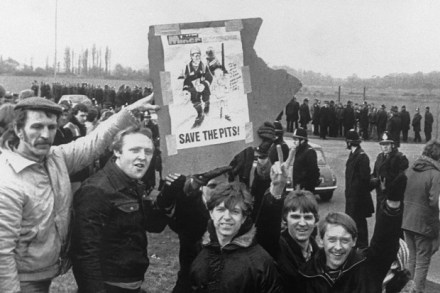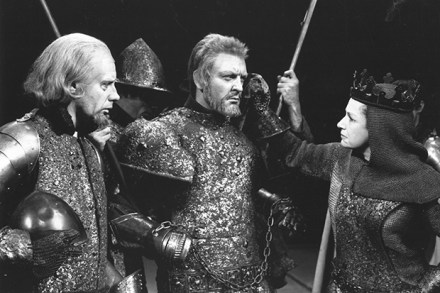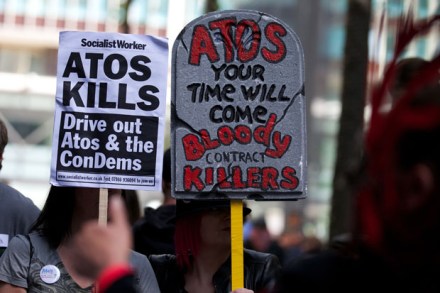Why isn’t Shami Chakrabarti campaigning for Lord Shinkwin’s Abortion Bill?
Lord Shinkwin’s Abortion (Disability Equality) Bill has its second reading in the Lord next Friday. I hadn’t heard of it either, and the campaign behind it, ‘We’re All Equal’, had passed me by, until a friend with an interest in disability issues told me about it. The gist is that it would remove the following bits of the 1967 Abortion Act – section 1 (1) (d) and section 5 (2)(d). Which means what? Why, that the most egregious piece of discrimination in law against disabled people would be done away with, viz, that there’s one cutoff point for normal foetuses to be aborted, none at all for disabled ones. Right




















